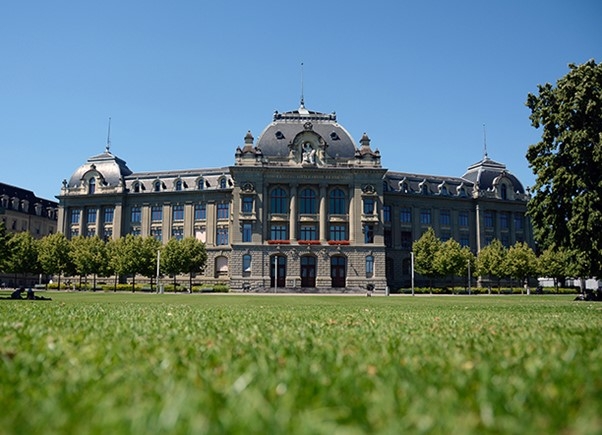University of Bern

With 17,880 students and 2,880 PhD students, the University of Bern (UBERN) is the third largest university in Switzerland and was ranked 105 in the 2018 Times World University Rankings. UBERN hosts several internationally recognized research centres, such as the Oeschger Centre for Climate Change Research, the Center of Space and Habitability and the Einstein Center, where members of our institute are actively involved in the framework of collaborative projects including Prof. Schlunegger. The Institute of Geological Sciences, which will be the host department for one ESR, has links with leading research institutions across Europe and partnerships with industrial, governmental and non-governmental institutions. The Institute is composed of 7 research groups, which cover the fields of isotope geology, petrology, mineralogy, tectonics, waterrock interaction, sedimentology and paleoclimate. It hosts more than 40 PhD students, with a large international cohort.
The sedimentology group of Fritz Schlunegger is internationally reputed for its expertise in stratigraphy, sourceto-sink analyses of sedimentary systems, and geomorphology. Several projects funded by the Swiss National Science Foundation have a strong focus on the Alps and the Andes, with emphasis on the routing of sediment from source to deposition. Prof. Schlunegger is member of the presiding board of the Swiss National Science Foundation.



